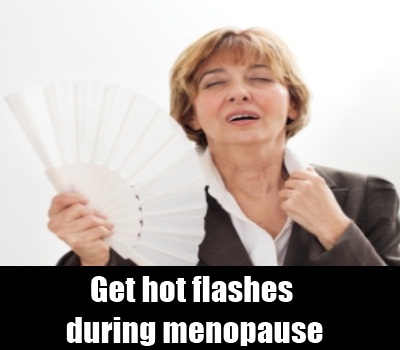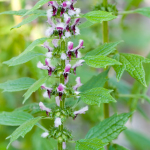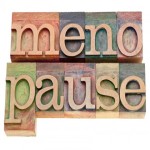Natural Remedies for Hot Flashes During Menopause
Contents
Two thirds of women experience the symptoms of hot flashes or night sweats during pre-menopause and menopause. Hot flashes are characterized by a rise in body temperature that causes the blood vessels to dilate to cool the skin, creating a flushed red face often accompanied by excessive sweating. Night sweats may result when hot flashes are present during the night, causing women to sweat profusely, often requiring a change of bedclothes and bedding.

What are hot flushes?
Hot flushes are a common symptom of the menopause experienced by 75% of menopausal women and can de described as a sudden feeling of warmth or heat in the body. Hot flushes may occur on their own but are often accompanied by night sweats or excessive sweating during the day.
Hot flushes and sweats can also be accompanied by feelings of nausea, dizziness or a general feeling of being unwell.
There are other causes of hot flushes apart from the menopause. For example, men may sometimes experience the symptom but in general, when the term ‘hot flush’ is used, it refers to symptoms experienced by women going through the menopause.
Treatment of menopausal hot flushes
Alfred Vogel said that ‘Good health is about more than taking remedies’. If you are going through the menopause, there are a number of steps you can take to help yourself.
As menopause symptoms can be so wide ranging, the best way to prepare yourself for ‘the change’ is to look at all aspects of your life:
- If you smoke, reduce the number of cigarettes you have each day or even better, stop smoking. Cigarettes are associated with a higher risk of experiencing hot flushes and it has been shown that the more you smoke, the worse your flushes get1.
- Eat a well balanced, wholesome diet and don’t miss meals – low blood sugar levels can be one of the causes of hot flushes!
- Ensure that you have regular bowel movements (at least one a day) – constipation can be a major factor in triggering hot flushes!
- Drink plenty of plain water – at least a litre and a half. This will help to hydrate you and alleviate hot flushes.
- Take regular exercise – a brisk half hour walk a day can work wonders!
- Deal with stress. Stress causes the release of chemicals that promote hot flushes!
- Add Sage tablets to the mix as a treatment to provide relief for the excessive sweating that is so much of the menopause for many women.
Natural Remedies To Treat Hot Flashes
1. Black Cohosh
Black Cohosh is a plant used widely in Europe for treating menopause and hot flashes. Studies show Black Cohosh to be just as effective as pharmaceutical estrogen in providing hot flash relief and one study showed Black Cohosh was effective at preventing excessive sweating .
Warning:
There have been cases of liver toxicity associated with black cohosh use. While such cases are rare, it is recommended that patients taking black cohosh be alert for symptoms of liver injury.
2. Flaxseed Oil
Fatty acids, such as those found in flaxseed oil, have been thought to be effective in reducing menopausal symptoms. Flax contains plant lignans which are similar to estrogen, possibly causing estrogen levels to stabilize in menopausal women.
3. Evening Primrose Oil
A general tonic for women’s reproductive health, evening primrose has a cooling effect on the skin and regulates the production of estrogen. It can act as a sleep aid due to its high gamma linolenic acid count, and increased prostaglandin production.
4. Chickweed Tincture
Daily servings of this herb have been reported to lower both the number and severity of hot flashes.
5. Vitamin E
Studies have shown that antioxidants in Vitamin E play a significant role in reducing the symptoms of hot flashes . In order to get hot flash relief, take the recommended serving of a Vitamin E supplement or eat more foods with Vitamin E.
6. Dong quai
Known worldwide to ease menopausal problems, dong quai helps to ease hot flashes whilst also relieving stress in the body. It is advised that you take dong quai only after consulting a medical professional.




Thought it was flushes not flashes